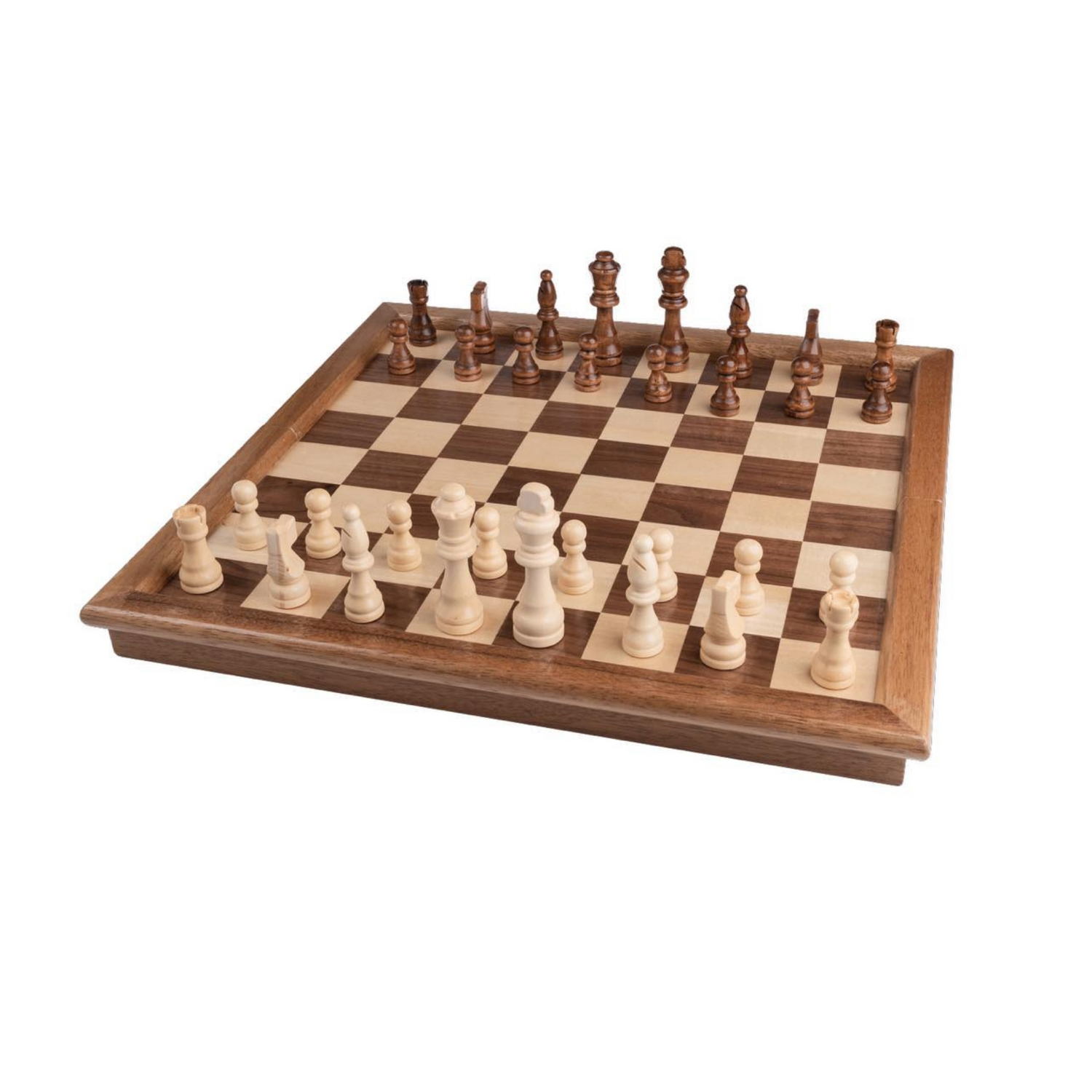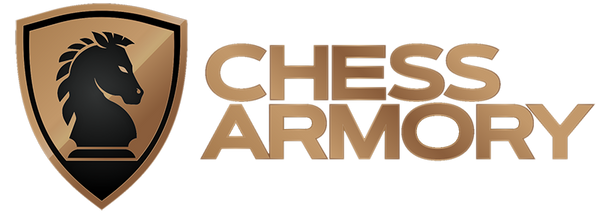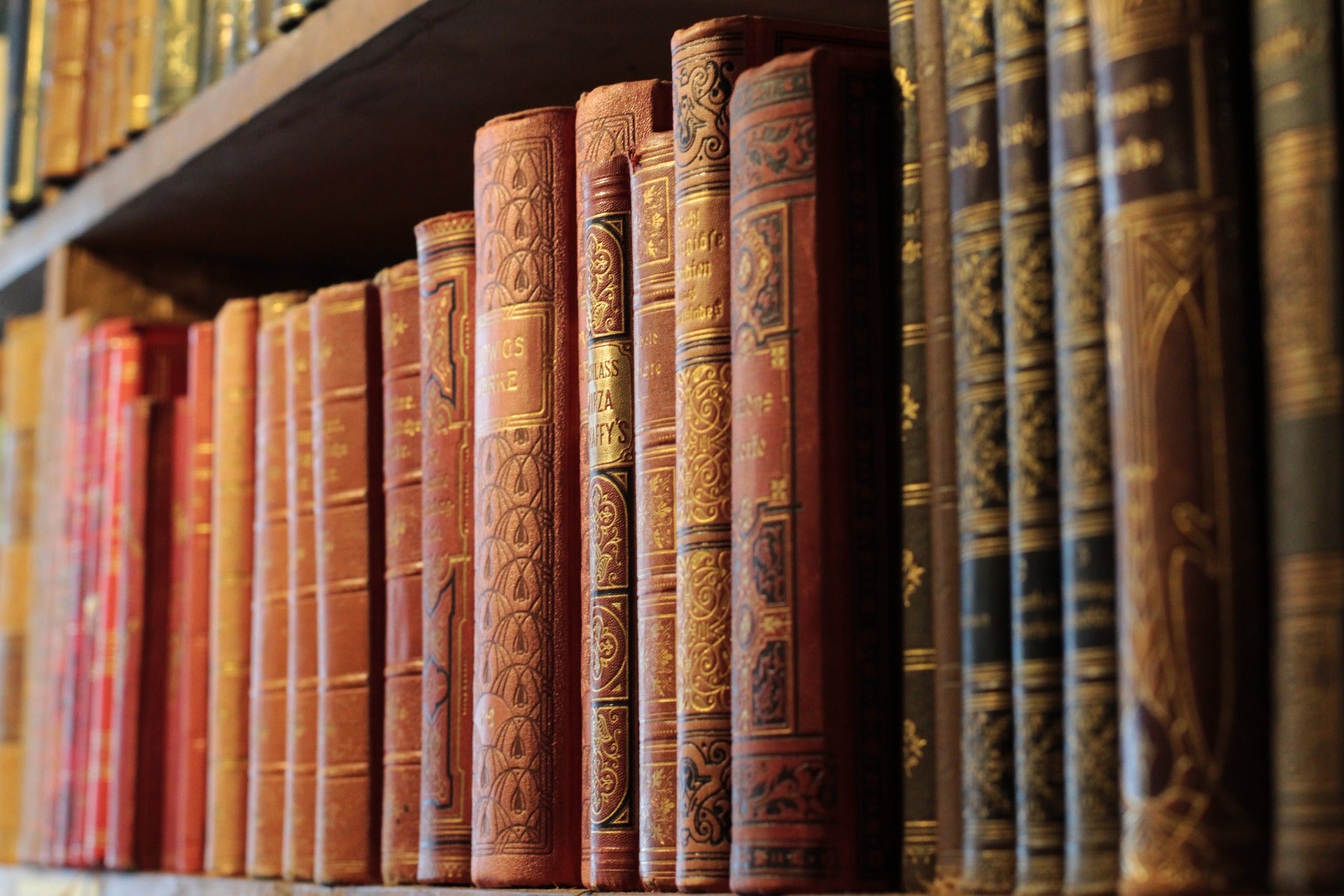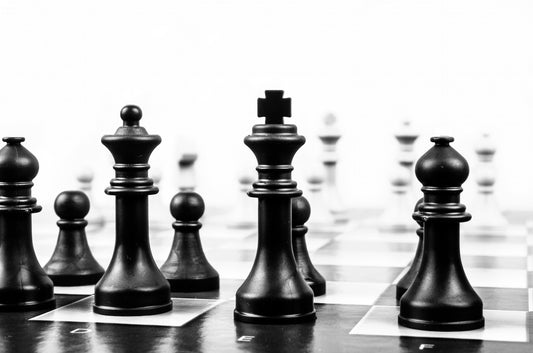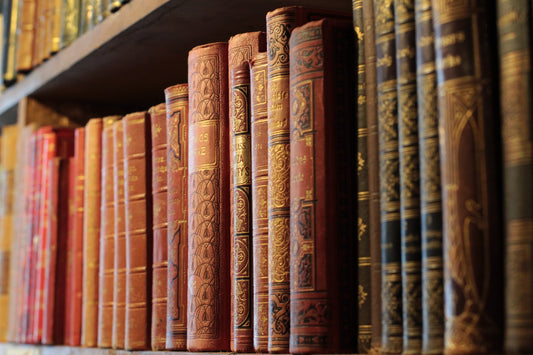Maybe you have been playing chess for a while now, and you are starting to feel frustrated; you are not earning any rating points (whether that is online or in competitive tournaments) and your play does not seem to be improving.
If this is the case, and you are willing to dedicate yourself so that you can climb up the ladder, you may consider diving into chess literature.
Obviously, many books could be included in this “top 5” that we are building - but the idea is to keep it short and concise, so that all of them can be instantly added to your reading list.
Most of these books are absolute classics; they are extremely well-known and it will be hard to find a dedicated chess player who hasn’t heard of them, and a chess master who hasn’t read all of them!
The fact that these books have helped many of the best chess players in the world should be enough to make you open them up and embark on this journey. Shall we get started?
How To Reassess Your Chess (Jeremy Silman)
This book has been called a “modern classic” by many, and rightfully so. It is an extremely popular step-by-step course that takes you down the road of chess improvement. Most of the book is dedicated to imbalances in chess, and how you can use them in your favor in the middlegame stage. And the best part? You can actually get this book from our store - click here and wait no longer to reassess your chess!
My System (Aron Nimzowitsch)
Originally, this absolute classic by Aron Nimzowitsch was a series of five brochures, published between 1925 and 1927. It’s crazy to think that these few brochures could contain a treasure for many chess players in the coming decades - but they did, and the truth is that this book never gets old. A favorite among many chess masters, it is divided into three fundamental parts (The Elements, Positional Play and Illustrative Games). The cherry on top is that Nimzowitsch’s witty and funny writing style will certainly have you hooked in no time.
Think Like a Grandmaster (Alexander Kotov)
This book presents the groundbreaking thought processes of Soviet Grandmaster Alexander Kotov, as well as his best tips to improve your method of analysis in chess. It is an extremely useful book, since it allows you to actually understand how the mind of a Grandmaster works - Kotov starts by showing many faulted methods of thinking that chess amateurs fall prey to, and teaches you exactly what to do in order to improve.
My 60 Memorable Games (Bobby Fischer)
This book, written by the legendary World Champion Bobby Fischer, is known as one of the best books in chess literature. It features a collection of thoroughly analyzed games played by Fischer over the course of ten years (1957-1967) - and, unlike many players do in their collections of best games, amongst these 60 games there are three losses and two draws. Fischer’s analyses are painstakingly objective, and you will certainly find that there is a lot to learn between these pages.
Dvoretsky’s Endgame Manual (Mark Dvoretsky)
Last but not least, this book is more of a modern chess classic; first published in 2003, it is unanimously recognized by novices and masters alike as the best endgame book that has ever been published. Dvoretsky’s Endgame Manual covers all the most important concepts required for chess endgame mastery - and it is surely one to add to your list if you are looking to improve your play.
Thrilling, isn’t it? Let us know in the comments below or on our social media which of these books you’re planning to read first - we would love to know!
